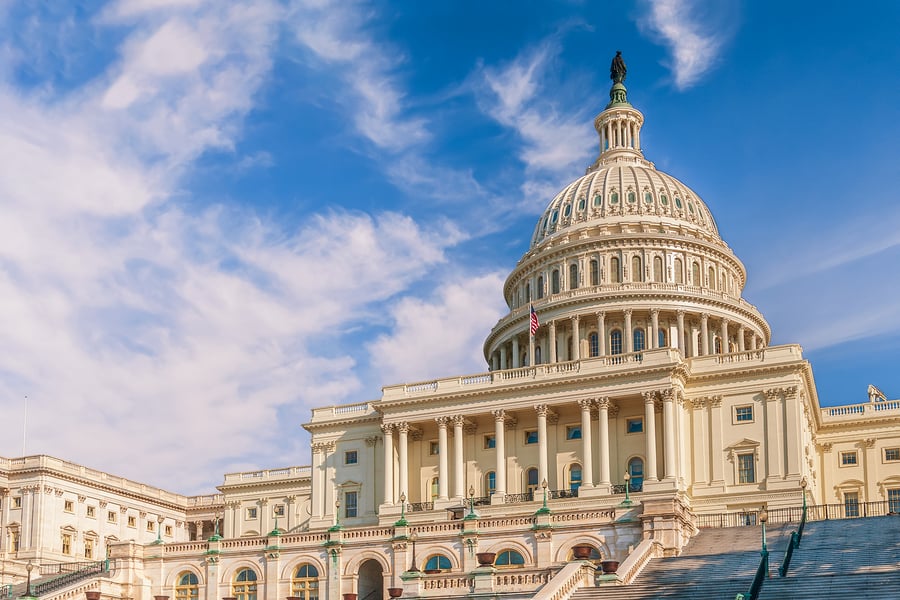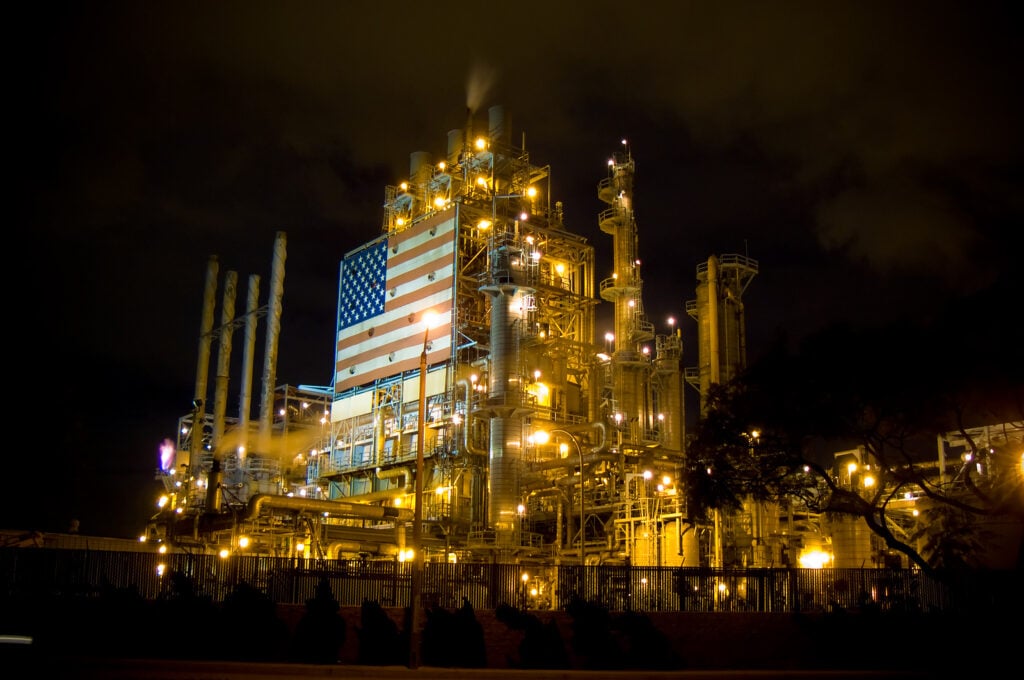Europe Looking For Options After Destroying Domestic Energy Production
Europeans are learning slowly. The Nord Stream 1 scare that Russia would not restart natural gas flowing in the pipeline after its planned annual maintenance has put Europeans, and particularly Germans who heat half their homes with gas and use it for electricity generation and in critical industrial applications, on edge. Russia is clearly using natural gas as a weapon due to the European Union’s military involvement and issuing sanctions against Russia due to its invasion of Ukraine. Now, Europeans are turning to Africa for oil and natural gas they had shunned due to costs and climate change concerns. Energy firms are considering projects worth $100 billion. African countries that currently have little or no oil and gas output could see billions in energy investments, including Namibia, South Africa, Uganda, Kenya, Mozambique, and Tanzania. Namibia, for example, could provide about half a million barrels per day in new oil production. According to the International Energy Agency (IEA), Africa could replace as much as one-fifth of Russian gas exports (30 billion cubic meters) to Europe by 2030.
Russia Restarts Nord Stream 1, But for How Long
Russia is counting on energy uncertainty to impose heavy economic and political costs on European leaders, who are under political pressure to bring down energy prices and avoid gas rationing. Some nations, like Spain and Greece, are not in favor of a European Union plan to have every member country cut its gas use by 15 percent, arguing that they are much less reliant on Russian gas than Germany, which is 55 percent dependent on it. Spain said it would encourage but not require its citizens to cut gas use. Although Greece relies on Russia to meet 40 percent of its gas needs, its supplies have not been cut. Russia’s strategy of cutting off gas deliveries through pipelines that cross Ukraine and Poland while limiting the volume of natural gas flowing under the Baltic Sea through the 760-mile Nord Stream 1 pipeline is causing divisions across Europe. The stability of those gas supplies is in question. Europe, and Germany in particular, could remain on edge for months about whether there will be enough energy to carry them through next winter.
Gazprom, Russia’s state-owned energy monopoly, had reduced flows through the pipeline to 40 percent of its capacity prior to its planned maintenance, which will not be enough to prevent an energy crisis next winter in Europe. Hours before the flow of gas resumed on July 21, Gazprom still had not received documents from Siemens for a turbine that was sent to Canada for repairs. The papers are necessary for the part to be returned, the company indicated, adding that the engine, and others like it, had “a direct influence on the operational safety of the Nord Stream pipeline.” Putin appears to be drawing out the uncertainty about whether and for how long the gas will keep flowing to Germany to try to maximize his leverage as long as he can.
Nord Stream 1 Flows

Oil and Gas Projects in Africa
Last month, Tanzania signed a liquefied natural gas (LNG) framework agreement with Norwegian state energy giant Equinor and Anglo-Dutch oil major Shell that accelerates development of a $30 billion export terminal. The French oil giant Total Energies plans to restart a $20 billion LNG project in Mozambique that was halted by militancy, if security improves. More than half of Italian oil major ENI’s production comes from Africa and over half its investment in the last four years was there. The company has agreements to increase exports with Algeria, Gabon, and Angola. Germany has offered to help tap gas resources in Senegal, though no concrete project has been agreed to. Mauritania, which shares a vast gas field with neighboring Senegal that is due online next year, wants to export gas to Germany and elsewhere in Europe.
In February, Shell hit a supply of light oil in Namibia. Almost two months later, Shell launched a “back-to-back” exploration well at the site for the first time in the company’s nearly 150-year history. According to Shell, the quick progress followed the “promising” results of the first well but cautioned that, due to its climate commitments, it would only advance projects “with a credible path to early development … (that are) resilient and competitive in low- as well as high-price scenarios.” In March, Total Energies completed an exploration well in a nearby Venus prospect, with a more advanced appraisal well due in the third quarter. Shell estimated it will take around $11 billion to develop the two companies’ blocs. Preliminary estimates have the discoveries at half a million barrels per day. The country hopes to begin production from the Shell project by 2026.
According to consultancy Rystad, African output of natural gas could peak at nearly 500 billion cubic meters by the late 2030s–—up from 260 billion cubic meters in 2022. The IEA, however, projects a peak of under 300 billion cubic meters of natural gas output in its “sustainable Africa scenario” in 2024. It forecasts oil output will peak this decade at around 6 million barrels per day in 2022 — down from over 10 million in 2010.
Conclusion
Russia is using energy as a weapon against Europe’s involvement in helping Ukraine. European companies are now looking into investing in oil and gas projects in Africa, which they had previously shunned due to climate change posturing. European countries are learning that dependence on Russia for energy was not advantageous and that rushing headlong into intermittent renewable energy has not panned out in providing their own energy independence.
President Biden and his administration need to learn from Europe’s experience because they are trading U.S. energy independence for an 80 percent dependence on China for critical minerals needed for the renewable and electric vehicle transition by forcing their anti-oil and gas policies on the American public and proceeding helter-skelter into renewable energy, raising energy prices for Americans. Biden needs to be told that a recent poll shows that nearly 70 percent of American voters support an expansion in natural gas production, more than 50 percent believe gas can help curb emissions, and over 70 percent favored building new gas pipelines. The United States has plenty of natural gas resources if only Biden would let it be accessed and delivered.
Europe is flashing warning signals about deliberate dependency on others for energy, rather than ensuring secure domestic and international suppliers. The question is, will the Biden Administration recognize them?
*This article was adapted from content originally published by the Institute for Energy Research.



